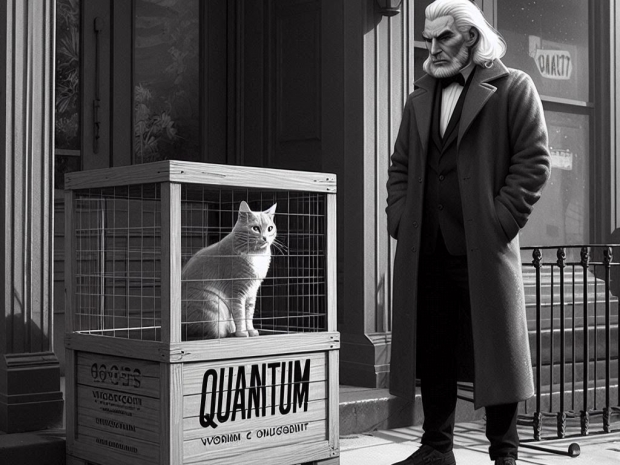According to Geekwire, the companies plan to deliver advanced quantum capabilities to customers by the end of 2025, offering access through the Azure cloud service and on-premises hardware.
Volish Veep Jason Zander said: "Together, we are co-designing and building what we believe will be the world's most powerful quantum machine."
Vole has been working with Colorado-based Atom Computing on hardware that uses the nuclear spin properties of neutral ytterbium atoms for quantum calculations. One of the primary challenges in quantum computing is correcting errors caused by quantum noise. The solution involves creating an array of "logical qubits" from "physical qubits" that can self-correct.
In a recent paper posted to the ArXiv preprint server, the research team reported connecting 256 noisy neutral-atom qubits using Microsoft's qubit-virtualisation system, resulting in a system with 24 logical qubits.
Microsoft Azure Quantum Veep said: "This represents the highest number of entangled logical qubits on record. Entanglement of the qubits is evidenced by their error rates being significantly below the 50% threshold for entanglement."
The team successfully used twenty of these logical qubits to perform computations based on the Bernstein-Vazirani algorithm, a benchmark for quantum calculations.
"The logical qubits were able to produce a more accurate solution than the corresponding computation based on physical qubits," Svore said.
"The ability to compute while detecting and correcting errors is critical to scaling to achieve scientific quantum advantage."




